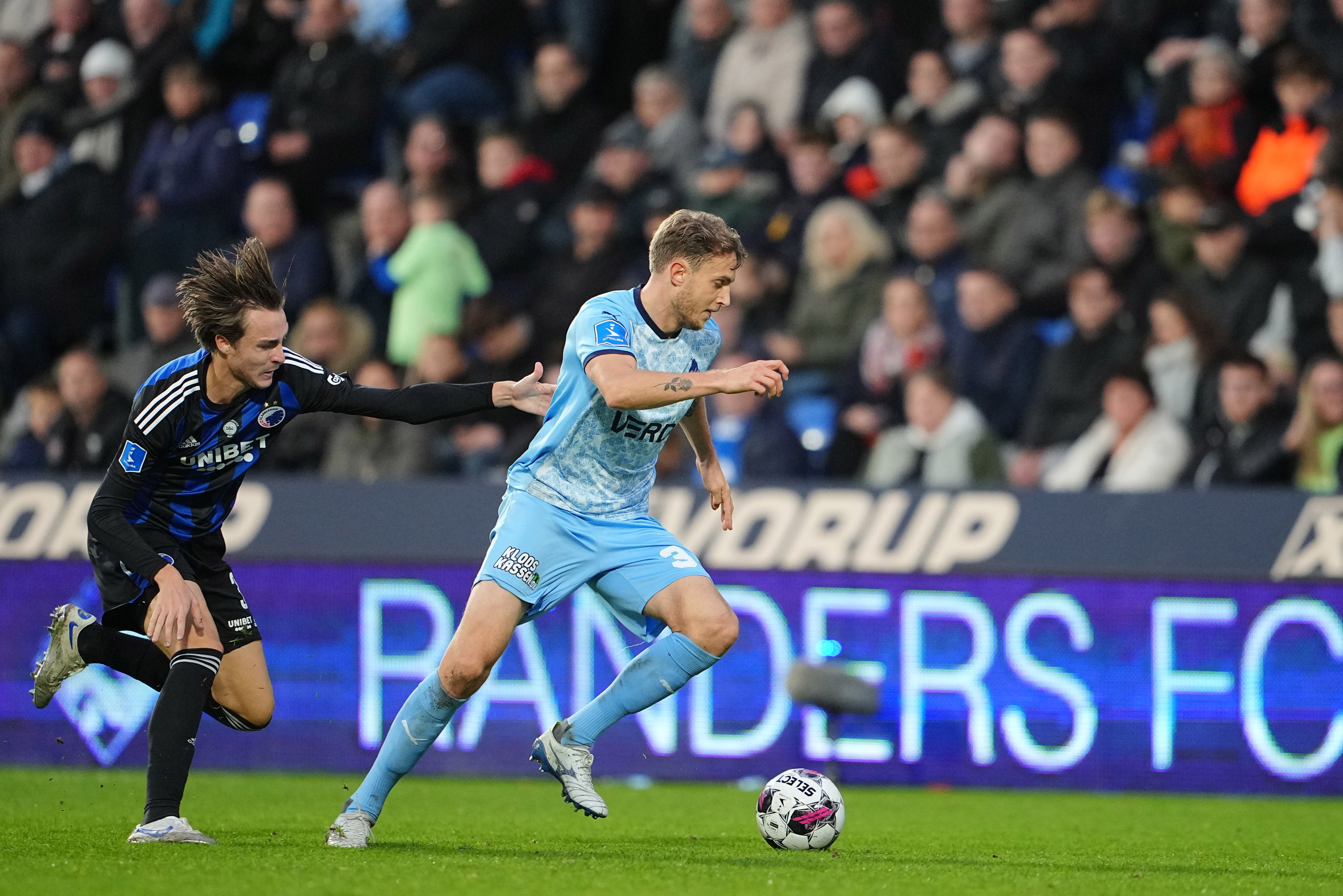In the world of football, every now and then, a new term emerges, capturing the imagination of fans and experts alike. In recent years, one such term that has gained traction is chancerne. But what exactly does it mean, and how is it shaping the landscape of the beautiful game? Let’s delve into this phenomenon and explore its significance in modern football.
Understanding Chancerne
What is Chancerne?
Chancerne is a term that originated in the football lexicon, particularly in the context of strategic gameplay. It refers to the art of seizing opportunities, often in high-pressure situations, to turn the tide of a match in one’s favor. In essence, it embodies the concept of taking calculated risks and capitalizing on moments of uncertainty to gain an advantage over the opponent.
Evolution of Chancerne in Football
From Classic to Modern Era
Chancerne is not a new concept in football. Throughout the sport’s history, there have been instances where players and teams have displayed remarkable opportunism, leading to pivotal moments in matches and even altering the course of entire seasons. However, with the evolution of tactics, technology, and player skillsets, the application of chancerne has become more refined and strategic in the modern game.
The Influence of Data and Analytics
In recent years, the advent of data analytics has revolutionized the way football is played and analyzed. Teams now have access to vast amounts of data, ranging from player performance metrics to opponent analysis. This wealth of information allows coaches and players to identify patterns and trends, enabling them to capitalize on chancerne moments with greater precision and efficiency.
Strategic Approaches to Chancerne
Adapting to Different Playing Styles
Chancerne is not limited to a specific style of play or formation. It can manifest in various ways, depending on the context of the match and the strengths of the teams involved. Whether it’s a quick counterattack, a set-piece opportunity, or an unexpected change in tactics, chancerne requires adaptability and creativity on the part of the players and coaching staff.
The Role of Individual Brilliance
While chancerne often involves collective effort and teamwork, individual brilliance can also play a significant role in determining its success. Moments of magic from star players, such as a perfectly timed through ball or a stunning solo goal, can create opportunities out of seemingly ordinary situations, leaving opponents stunned and spectators in awe.
Impact on Results and Outcomes
Turning Points in Matches
Chancerne moments can be game-changers, capable of shifting momentum and altering the outcome of a match in an instant. Whether it’s a last-minute equalizer, a crucial penalty save, or a tactical substitution that pays off handsomely, these moments of opportunism can leave a lasting impact on players, fans, and the overall narrative of a season.
Influence on League Standings and Titles
In the context of league competitions, the ability to capitalize on opportunities can have far-reaching consequences. A single moment of brilliance or lapse in concentration can mean the difference between winning the title and finishing as runners-up. As such, teams that excel in leveraging chancerne to their advantage often find themselves at the top of the table when the season concludes.
Examples from Football History
Iconic Chancerne Moments
Football history is replete with iconic moments that have etched themselves into the collective memory of fans worldwide. From Diego Maradona Hand of God goal in the 1986 FIFA World Cup to Sergio Aguero’s last-gasp title-winning goal for Manchester City in 2012, these moments exemplify the unpredictable nature of the sport and the potential for individual brilliance to shape its outcome.
Chancerne in Contemporary Football
Application in Modern Football
In the age of multimillion-dollar transfer fees and state-of-the-art training facilities, the importance of modern football cannot be overstated. While tactical acumen and technical proficiency are undoubtedly crucial, the ability to seize key moments and capitalize on opportunities can often be the difference between success and failure at the highest level.
The Role of Mental Resilience
Chancerne is not just about skill it’s also about mindset. Players and teams must possess mental resilience and composure to remain focused and opportunistic, even in the face of adversity. Whether it’s overcoming a deficit, breaking down a stubborn defense, or holding onto a narrow lead, mental strength is a prerequisite for executing chancerne effectively.
Conclusion
Chancerne represents a fundamental aspect of football that transcends tactics and strategy. It embodies the spirit of opportunism, creativity, and resilience, and its impact can be felt across all levels of the game. As football continues to evolve, so too will the art of ensuring that the sport remains as unpredictable and exhilarating as ever for players and fans alike. So, the next time you watch a match, keep an eye out for those decisive moments of they might just be the difference between victory and defeat.
























+ There are no comments
Add yours